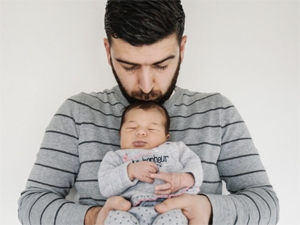
A thought I want to share as the holidays approach: Your child owes no one a hug.
Insisting a child kiss or hug a relative or family friend Hello or Goodbye when s/he does want to, invalidates your child’s feelings by suggesting that external pressures (and Aunty’s feelings) are more important than his/hers. And it teaches them that consent can be manipulated, by cajoling or worse.






